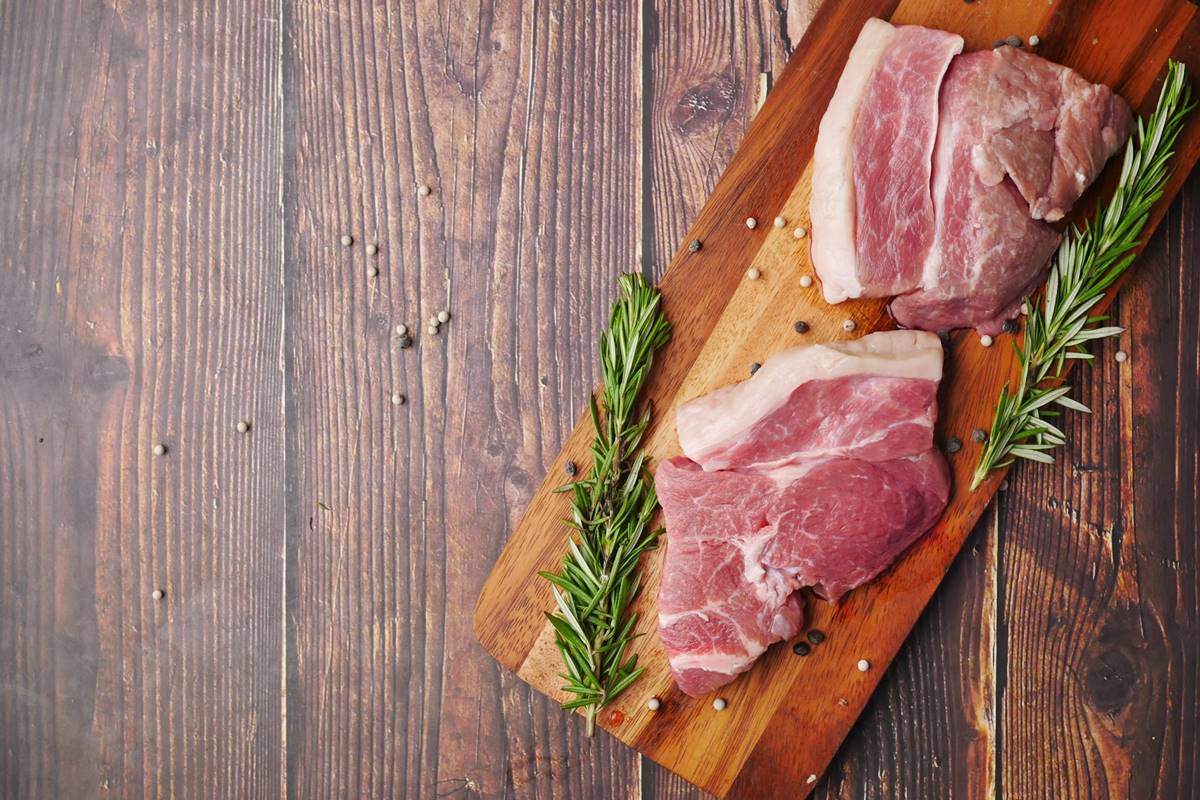Coriander powder: A spice for health and flavor
Discover the health benefits of coriander powder, from aiding digestion to promoting glowing skin. Enhance your meals and lifestyle with Patanjali Coriander Powder for pure quality and flavor.
Learn about the dangers of processed meats, trans fats, sugary treats, and red meats, and explore healthier alternatives for optimal cardiovascular health.

Image Source: Unsplash
While you may associate cholesterol with various health concerns, it’s important to understand that cholesterol is a crucial fat-like substance necessary for bodily functions such as hormone production and cell membrane regeneration. However, like many things, high cholesterol can be harmful, leading to issues such as narrowed or blocked arteries and chronic heart diseases and the reason may be your foods.
Controlling cholesterol levels is possible by limiting or eliminating foods high in bad cholesterol, which can cause fluctuations in cholesterol levels within the body. While fresh fruits and vegetables high in fiber can help absorb cholesterol and maintain bodily balance, it’s essential to be mindful of certain foods that are best avoided at all ages.
Advertisement
If you enjoy bacon, sausages, and ham regularly, it’s worth reconsidering your intake. Processed meats like these are often high in saturated fats, which can elevate cholesterol levels. Continuous consumption of saturated fat can damage LDL receptors in the liver, leading to increased cholesterol levels and higher heart risks.
Advertisement
Vegetable oil, sunflower oil, and corn oil are often hydrogenated to prolong shelf life, resulting in increased trans fat levels. Trans fats are particularly detrimental to cholesterol levels and overall health, as they lower HDL levels while elevating LDL levels.
While shrimp is a good source of protein and selenium, it is also high in dietary cholesterol. Moderating shrimp intake can be beneficial for cholesterol control, or opting for fatty fishes like salmon, rohu, and hilsa, rich in omega-3 fatty acids, can provide essential nutrients without raising cholesterol levels significantly.
While it’s tempting to indulge in freshly baked cookies, excessive sugar consumption can negatively impact cholesterol levels. Sugar is not only found in desserts but also in many packaged and processed foods, contributing to increased LDL levels when consumed in large quantities.
High consumption of red meats like lamb, mutton, and pork can elevate cholesterol levels and pose risks to heart and kidney health. Limiting intake of red meat is directly linked to managing LDL levels and reducing cardiovascular risks.
These food groups should be moderated or avoided to maintain balanced cholesterol levels and reduce the risk of cardiovascular diseases. Instead, prioritize whole foods, plant-based fats, legumes, and fresh produce to meet nutritional needs while supporting heart health.
Also Read: Unlock wellness with Oolong tea
Advertisement